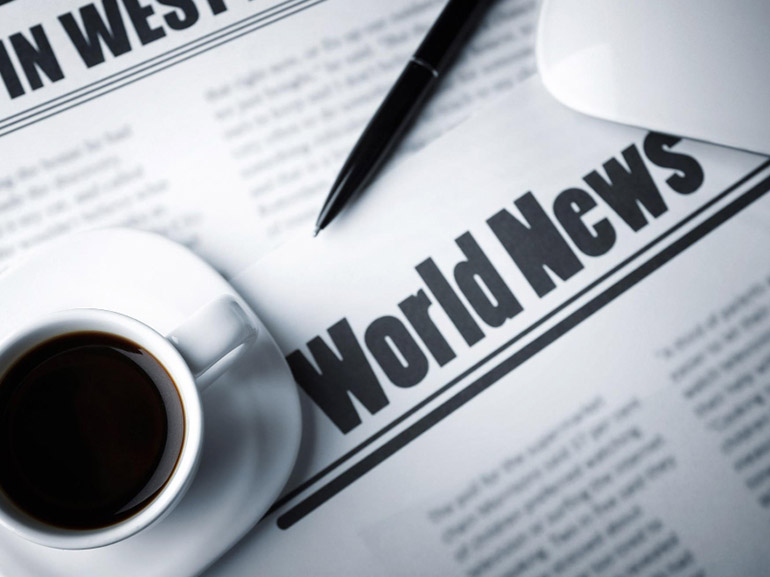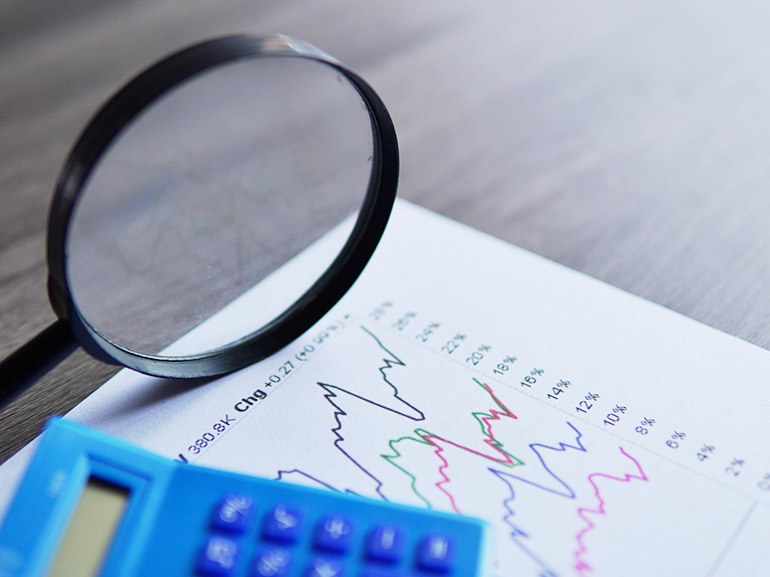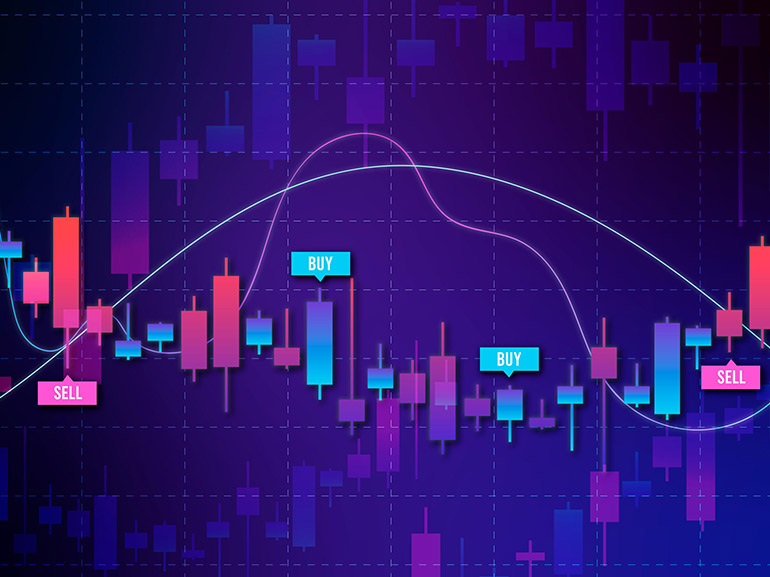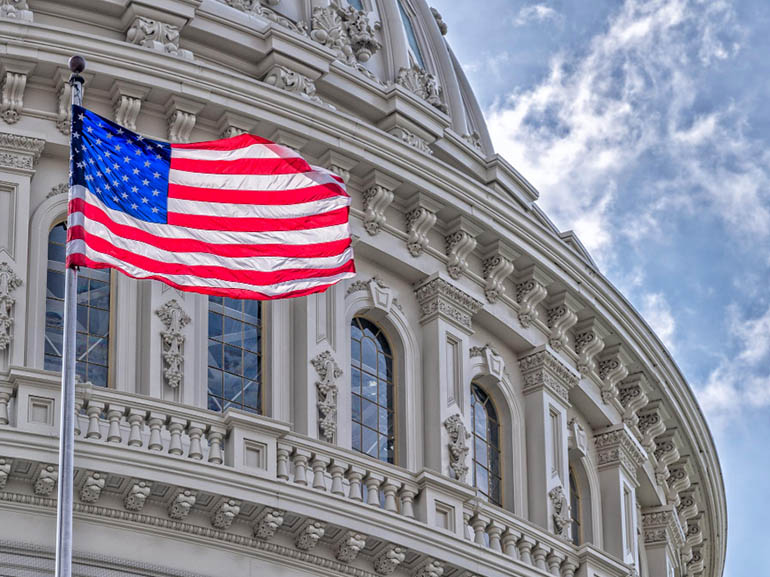Trump-Putin Anchorage Summit: All You Need to Know
The Trump-Putin summit in Anchorage was staged with high ceremony but seems to have concluded with more symbolism than substance. As one of the most anticipated diplomatic encounters of the year, it had the potential to reshape not only U.S.-Russia relations but also the broader dynamics of the war in Ukraine. Yet, despite dramatic optics and extensive speculation, the meeting left more questions than answers, deepening debates about U.S. President Donald Trump's approach to foreign policy and Russian President Vladimir Putin's growing leverage on the global stage.
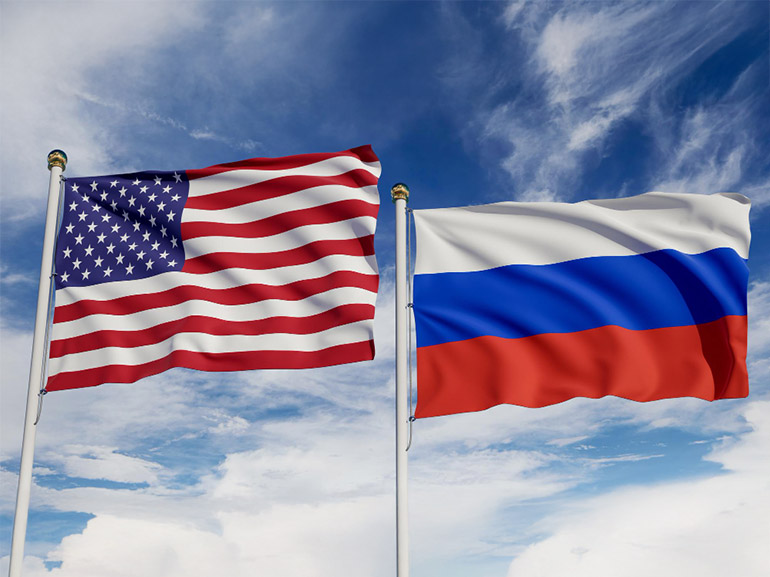
TL;DR
On Friday, 15 August 2025, Trump hosted Putin on U.S. military soil with much ceremony
No formal agreements were signed; Trump called for a full peace deal instead of a ceasefire
Putin gained symbolic victories; Trump's openness to territorial concessions raised alarms
A tentative follow-up summit with Ukrainian President Zelenskyy is planned
Quick Overview
No formal peace agreements were signed at the historic Anchorage summit
Oil markets declined $1 on reduced sanction fears
Moscow Exchange Index rallied 1.4% pre-summit (on Monday, 11 August) on diplomatic optimism
On Friday, 15 August, the FTSE 100 crossed the 9,200 points milestone
Mining stocks outperformed whilst the defence sector retreated
Gold prices held steady amid ongoing uncertainty
A trilateral summit with Zelenskyy is under consideration
Summit Overview
Arrival & Setting the Scene
Putin received a red-carpet military welcome at Joint Base Elmendorf-Richardson, the first Russian presidential visit to U.S. soil in a decade and the first held on military property. The venue harkened back to Cold War tensions, symbolically framing the meeting.
Key Developments
No Ceasefire, Shift to Peace Deal: Trump abandoned his original push for a ceasefire and advocated directly negotiating a full peace agreement.
Putin's Demands: Putin insisted that Ukraine relinquish control of Donetsk and Luhansk in exchange for halting hostilities; discussions included a possible frontline freeze in other regions.
Lack of Binding Commitments: No formal agreement or ceasefire emerged; the U.S. refrained from new sanctions but didn't lift any existing ones.
Symbolism & Optics
Putin emerged with optics victories: treated as an equal on U.S. soil, avoiding sanctions, and benefiting from dramatic fanfare.
Analysts questioned whether Trump's posture signalled deference, noting the lack of a press Q&A and subdued demeanour.
Next Steps and Reactions
A trilateral summit with Ukrainian President Zelenskyy is in the works. Zelenskyy has emphasised that any deal without Ukraine's full participation is unacceptable.
U.S. allies in Europe voiced concern over the potential territorial concessions and stressed the importance of a ceasefire as a precondition.
Market Reaction Analysis
Equity Markets & Investor Sentiment
U.S. and Global Equities: Analysts assessed the summit's outcome as largely symbolic and expected, resulting in minimal market movement. Key drivers like consumer trends and inflation continued to dominate investor focus.
Optimism Without Agreement: Markets took comfort in the fact that there were no new economic sanctions, and some sectors, particularly energy, saw mild gains due to anticipated potential opportunities presented by stable oil supply forecasts.
Oil Markets Impact
Bearish Pressure: The announcement that the U.S. would pause plans to impose tariffs or secondary sanctions on countries importing Russian oil, especially India and China, put slight downward pressure on oil prices. Brent and WTI both dropped about $1 before the meeting, modest but notable declines
Muted Long-Term Impact: Analysts, including Goldman Sachs, concluded that without a shift in sanctions policy or new peace agreements, Russian oil supply dynamics were unlikely to change immediately, tempering expectations for any dramatic oil market moves
Russian Markets Performance
Pre-Summit Rally: On Monday, 11 August, the Moscow Exchange Index rose approximately 1.4%, reaching nearly a three-month high, as investors positioned for potential de-escalation and sanction relief
European Markets & Commodities
FTSE Gains: On Friday, 15 August, the UK's FTSE 100 index crossed 9,200 points for the first time, buoyed by investor optimism tied to peace prospects. Mining companies performed strongly, whilst defence sector stocks retreated slightly
Broader Commodities: Despite tentative upbeat sentiment, gold prices remained steady, reflecting ongoing caution. Analysts noted the absence of real agreements left safe-haven demand intact
Overall, markets treated the summit as largely symbolic, with little tangible fallout across financial markets. Whilst certain sectors, like energy and Russian equities, found modest boosts, the lack of concrete outcomes kept overall volatility low. (Source: The Times)
Conclusion
The Anchorage summit will be remembered less for concrete policy shifts and more for its optics. Trump's decision to pivot from a ceasefire to a broader peace framework suggests a willingness to negotiate in ways that unsettle allies and raise alarms in Ukraine. Putin, meanwhile, gained stature without conceding ground. The absence of tangible results leaves the conflict unresolved, and the spotlight now turns to a possible trilateral summit with Zelenskyy, where the true test of diplomacy may finally occur.
*Past performance does not reflect future results.
Frequently Asked Questions (FAQs):
Was any formal agreement signed?
No formal deal or ceasefire was reached. Trump proposed moving to a broader peace deal, effectively shifting the negotiation framework.
Why is Alaska significant for this summit?
Anchorage was chosen for its symbolic Cold War-era strategic relevance and was the first U.S. military base to host a sitting Russian president since 2007.
What did Putin gain politically from the summit?
He earned symbolic legitimacy with U.S. honours and avoided sanctions, enhancing his standing domestically and internationally.
How did oil markets react to the summit?
Oil prices declined approximately $1 for both Brent and WTI crude due to reduced fears of additional sanctions on Russian oil exports.
Which markets benefited most from the diplomatic progress?
Russian equities gained 1.4% pre-summit, whilst the FTSE 100 crossed 9,200 points. Mining companies significantly outperformed defence sector stocks.
How did Ukraine react to the summit?
Ukraine, led by President Zelenskyy, rejected any deal without its participation. Zelenskyy is expected to visit Washington for potential trilateral talks.
What are the European and Allied reactions?
European leaders warned against territorial concessions and insisted on a ceasefire as a condition for further progress.
What's next in this diplomatic process?
A follow-up summit involving Zelenskyy is planned. However, specifics remain unclear, and global scepticism remains high amid concerns over the lack of a collaborative negotiation process.
